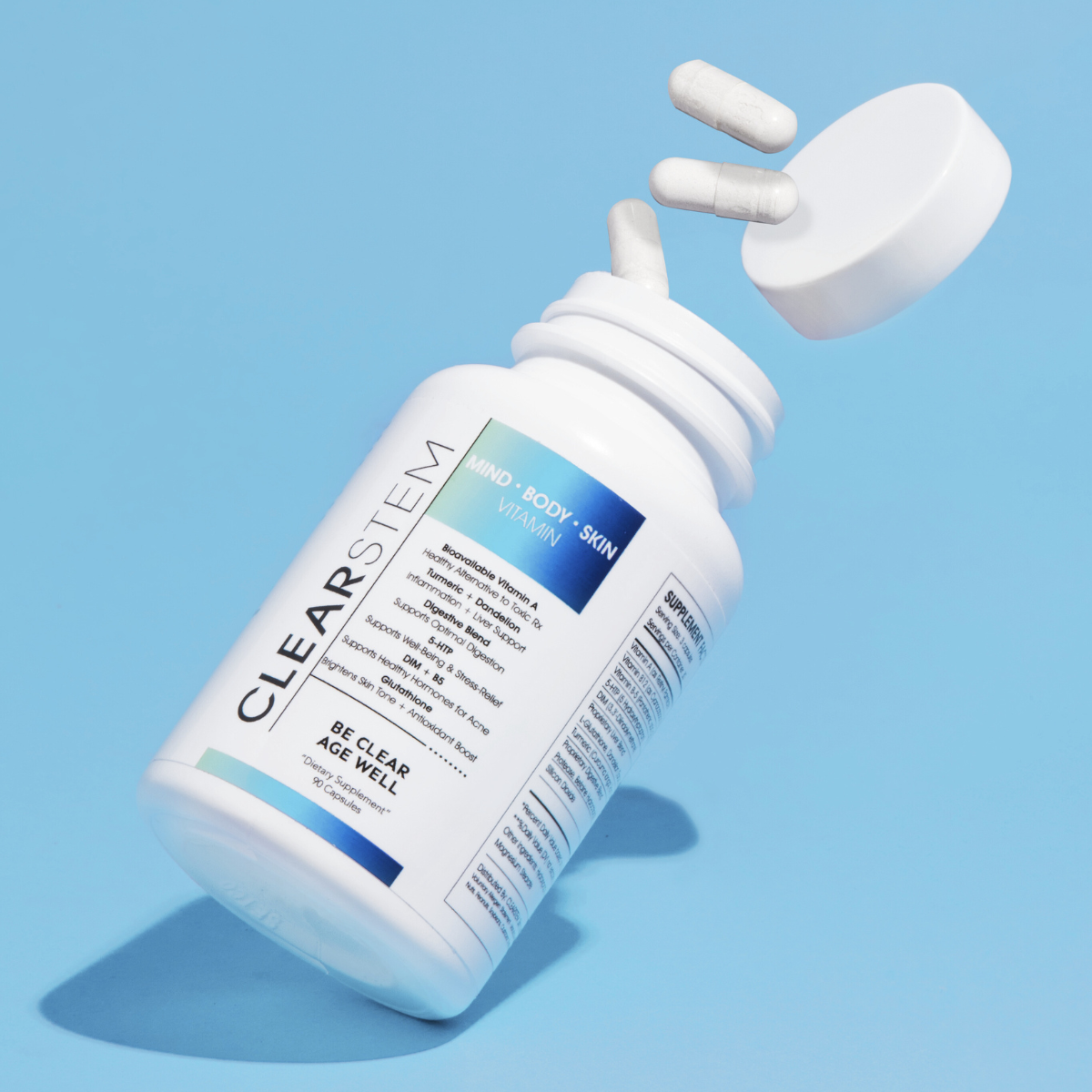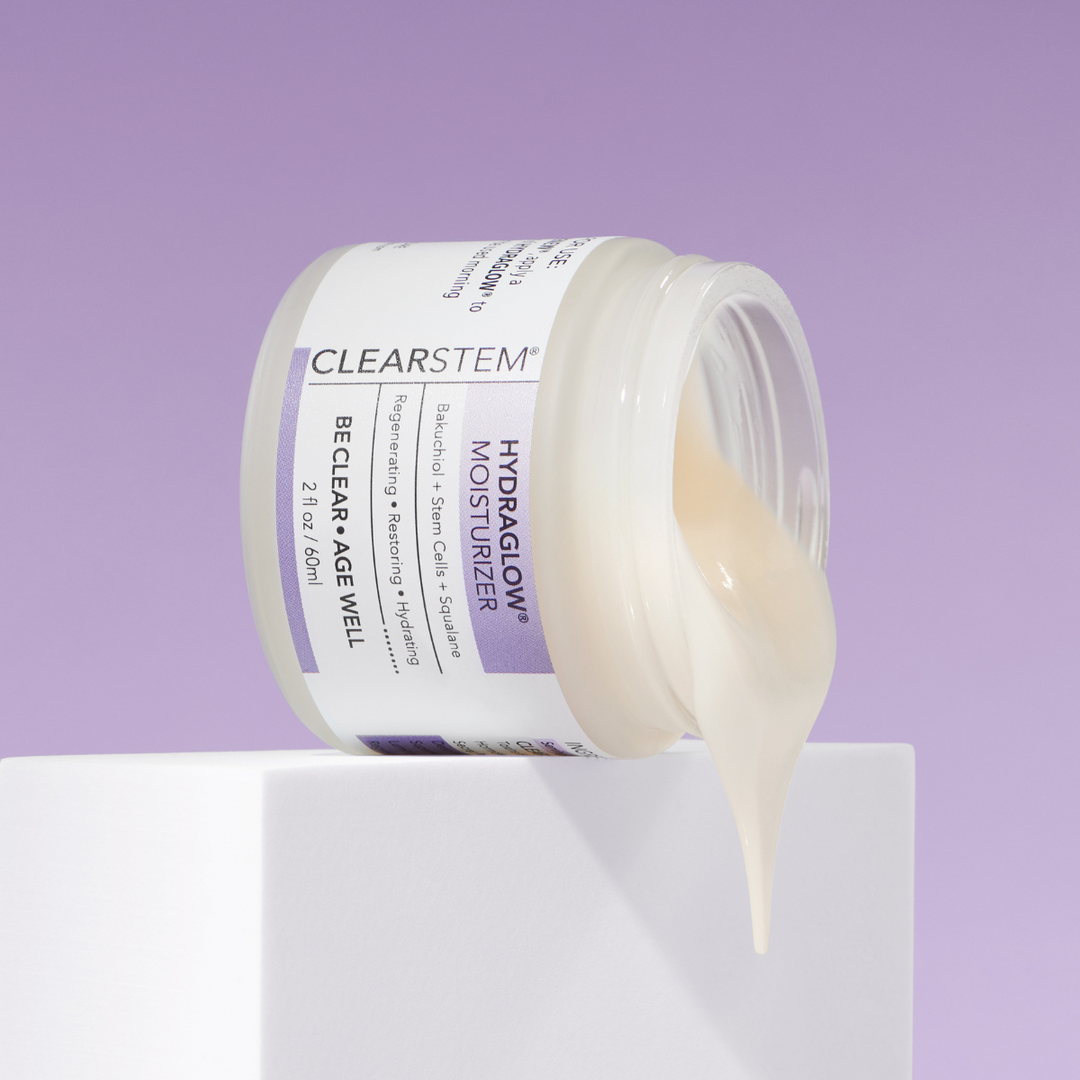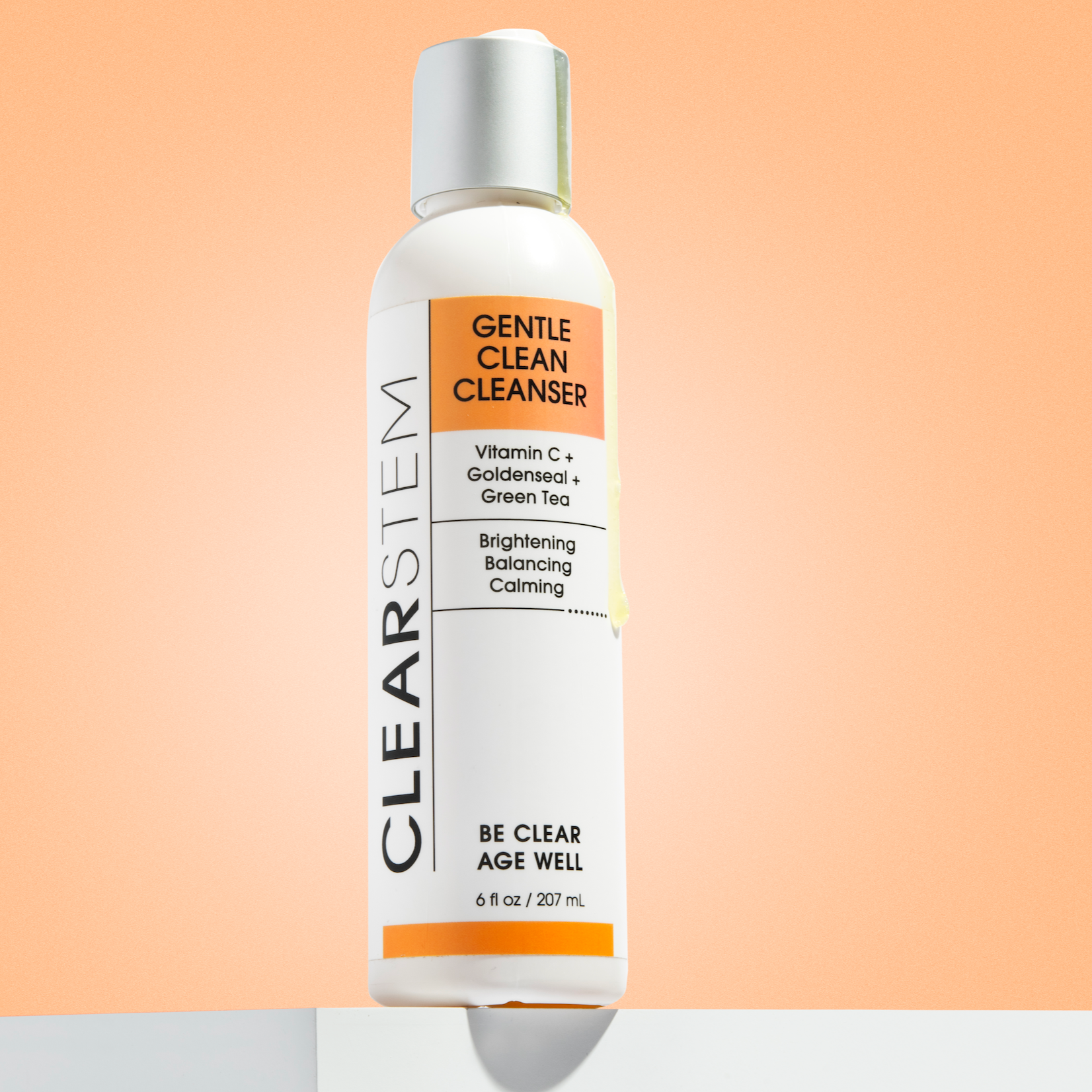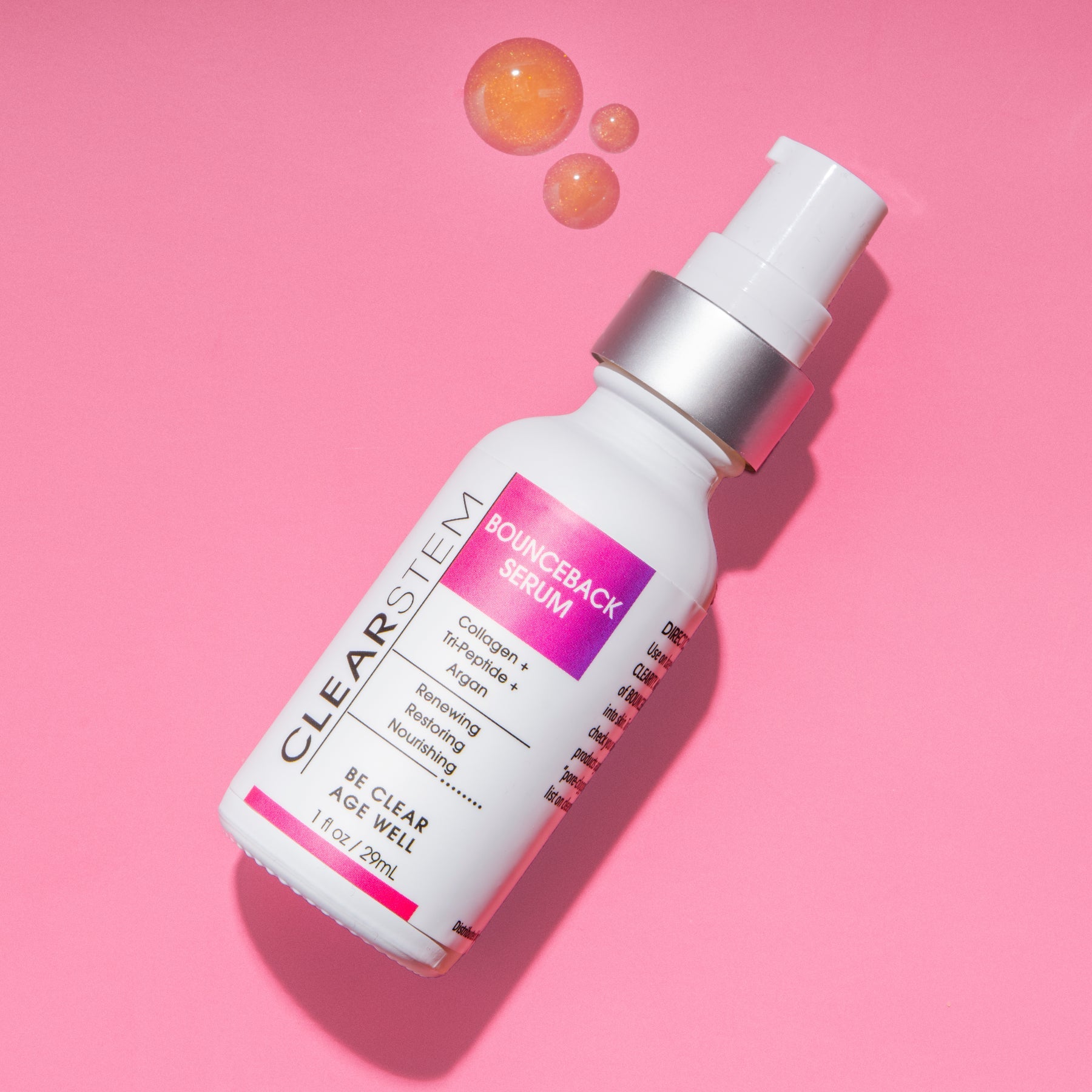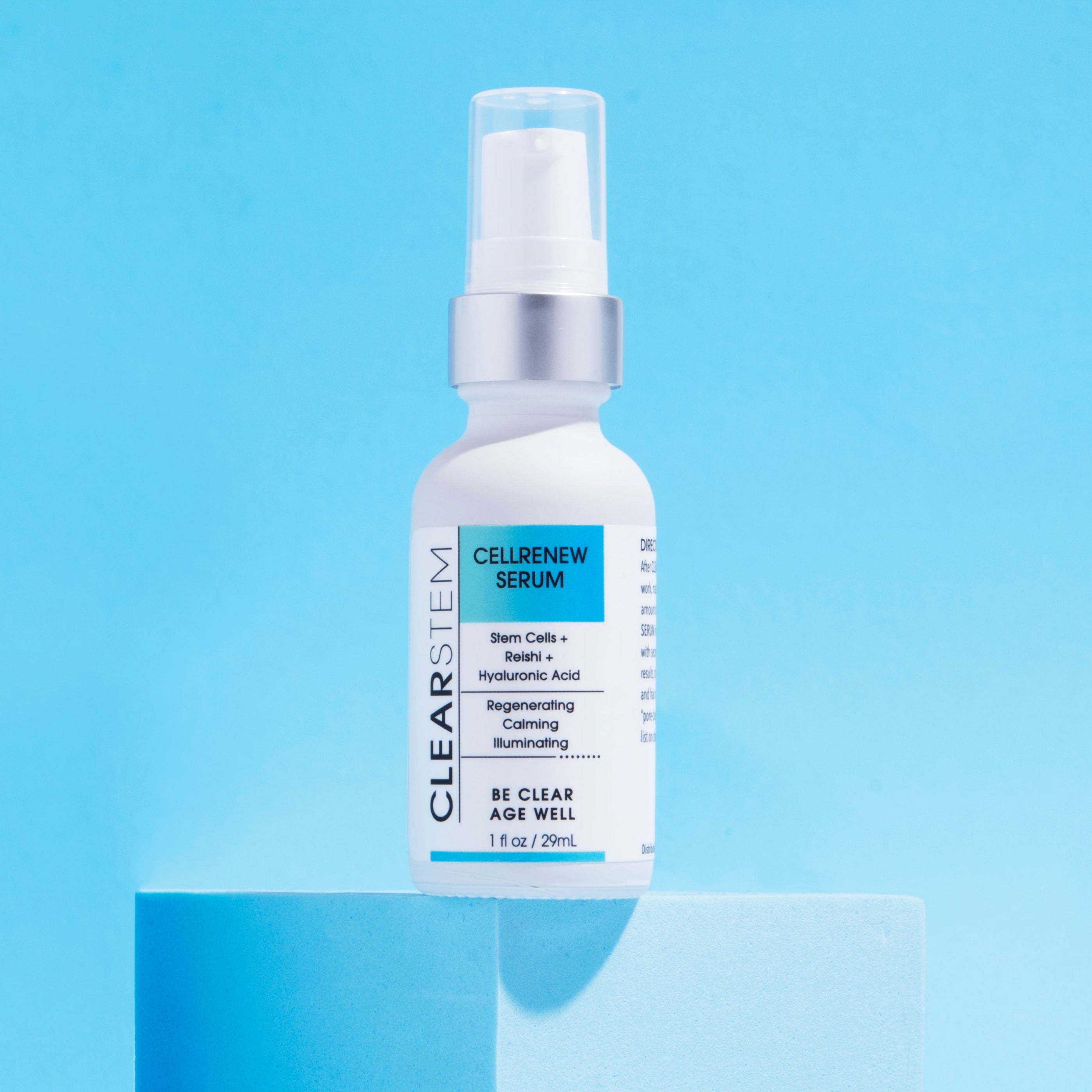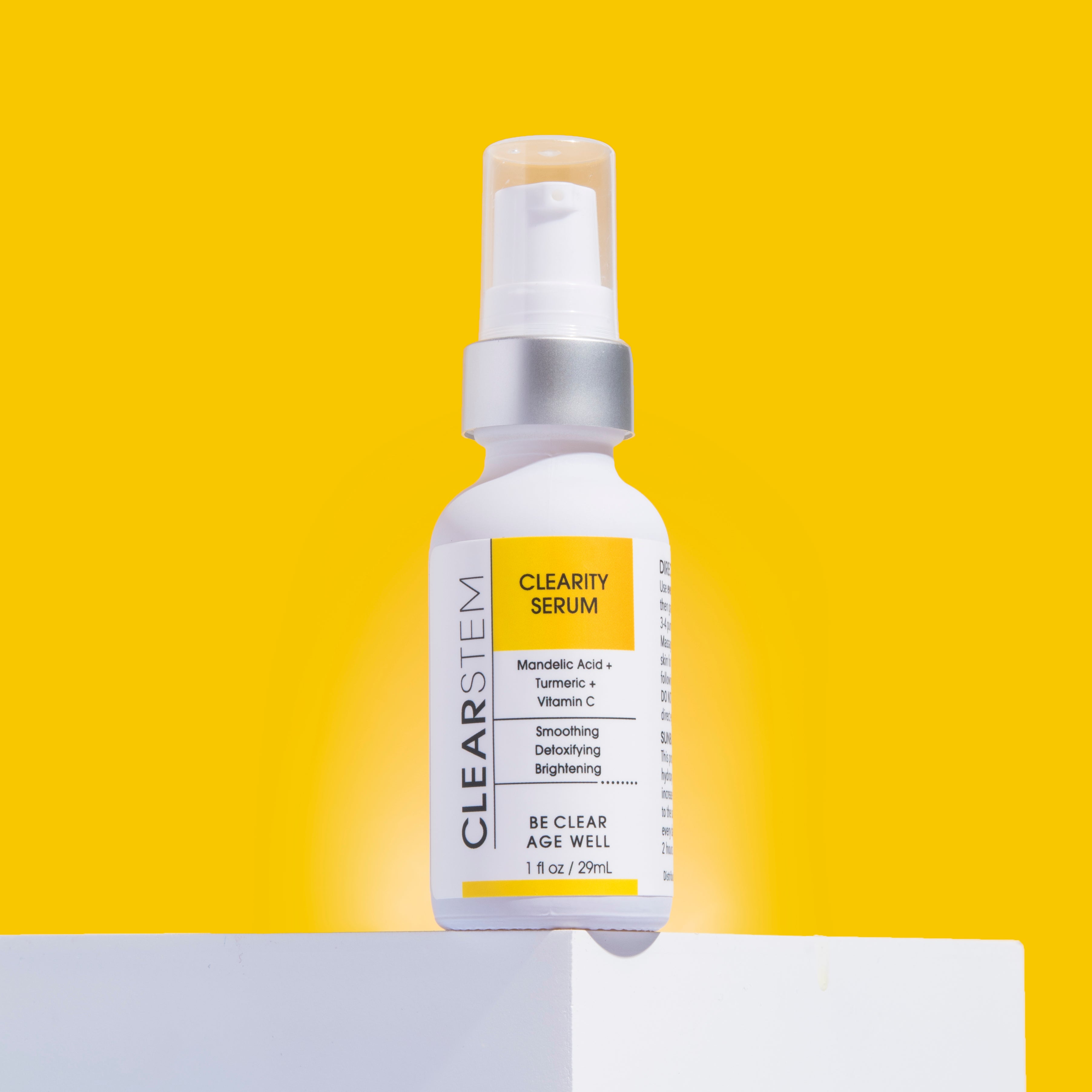You Have a 96% Chance that Your Hair Products are Breaking You Out
Howdy ladies, fellas, and everyone in between. Everyone needs to understand the shocking secret about acne breakouts and the whole “change your pillowcase” thing because it’s a steady trend among our acne patients and is a perfect example of an acne myth that’s on to something, but just doesn’t contain the necessary data to be applicable.
Breaking out from hair products, even the salon brands that we associate with high quality, happen so frequently that recently our clinical cases reflect a nearly 97% correlation. This applies to every single one of us except Bruce Willis (primarily because he is bald, but also he’s just a bad ass).
Here’s what’s going on with your pillowcase breakouts and how to eliminate this profound acne trigger immediately.
CHECK THE INGREDIENTS of your hair products and those of your sweetie if he/she/shim ever sleeps on your pillow. You can have a brand new silk pillowcase from Goop that emits healing energies into your face regions but if your hair product contains Coconut Oil you don’t stand a chance to stay clear. Examples of common conditioners that use Coconut Oil are items for curly hair and can range in price, like the Mane & Tail Argan Condition to the Purple Hydrate Conditioner from Pureology. Biolage Any of these other coconut/palm oil thickeners like Isopropyl Palmitate, Isopropyl Myristate, Ethylhexyl Palmitate, are even sneakier to spot AND extremely pore-clogging. Other examples of commonly clogging conditioners are Kevin Murphy (there’s Shea Butter in most), Joico, and Biolage. Tesemme and Pantene also commonly leave a waxy residue on the skin and back of our acne clients so we strongly advise avoidance.
Safe options include the Face Reality Conditioner and L’oreal Mega Moisture with Sunflower oil.. Sunflower seed oil just happens to be compatible with human skin so it’s alright to be used in small quantities.
Safe Oils for Acne are: Hemp Seed, Sunflower, Safflower, and Castor Oil. Those are the safest for most of us, although drier climates can allow for more oils. More on that later.
Fabric Softeners are pore-clogging as well folks, so skip that step and be sure to use straight up detergent, no Tide Pods with the two colors- one is detergent while the other is softener. This stuff is like physical lotion for your clothes which is designed to leave a residue. As we go through our 4 sleep cycles at night our body temperature fluctuates substantially- enough heat to open the pores and allow the waxy substance right into your skin, only to seal it in when your body temp returns to normal and the pores constrict again. Boom. All the hard work you’ve done to buy good makeup and do your research will fail you because the largest culprit was right under your nose and nobody bothered to warn you until now. Clogging happens that easily for some of us, so you can see why having acne-safe hair products is absolutely a top priority.
TIP– if the middle of your face is smooth but you’ve got clogs by your ears, side-neck, or upper back, it’s your hair products and/or your fabric softener. Both variables need to be eliminated immediately. Try incorporating a non-comedogenic shampoo and non-comedogenic conditioner as a part of your routine, ensuring your hair care doesn’t contribute to unwanted breakouts.
Other “Natural Hair Products” from Acure or Alba, even the Honest Company can be great for ladies who are not at all acne-prone. But for the other 90% of us we have to be extremely cautious because the natural companies are not advised on Acne Triggering Ingredients the way we assume they are. Many rely on organic materials that happen to be thicker than natural human sebum/oil, and as you can guess, they clog us up. Algae, Seaweed, Kelp, Algin, Laminaria family, and even Carageenan and Chondus Crispus. These are some o the many names for seaweed to watch out for. Eating algea and seaweed is fantastic but you must avoid it topically if you wish to be clear.
The Skin Care Industry is WILDY unregulated, and while folks mean their best, the information gap continues to widen. Most of our clinic clients arrive with at least 5-6 acne triggers, many of which are “natural’ and or “Organic”. Shea butter, Coconut Oils, Algae may all be organic but they have NOTHING, I repeat NOTHING to do with being Acne safe.
Did you know: “Organic” means that there is a Carbon Molecule present. Gasoline is technically organic, and black mold is technically all Natural. See what we mean? CHECK your items, be shocked what you find!
Cheers,
The Skin Pros at CLEARSTEM
Danielle Gronich, Owner of San Diego Acne Clinic

